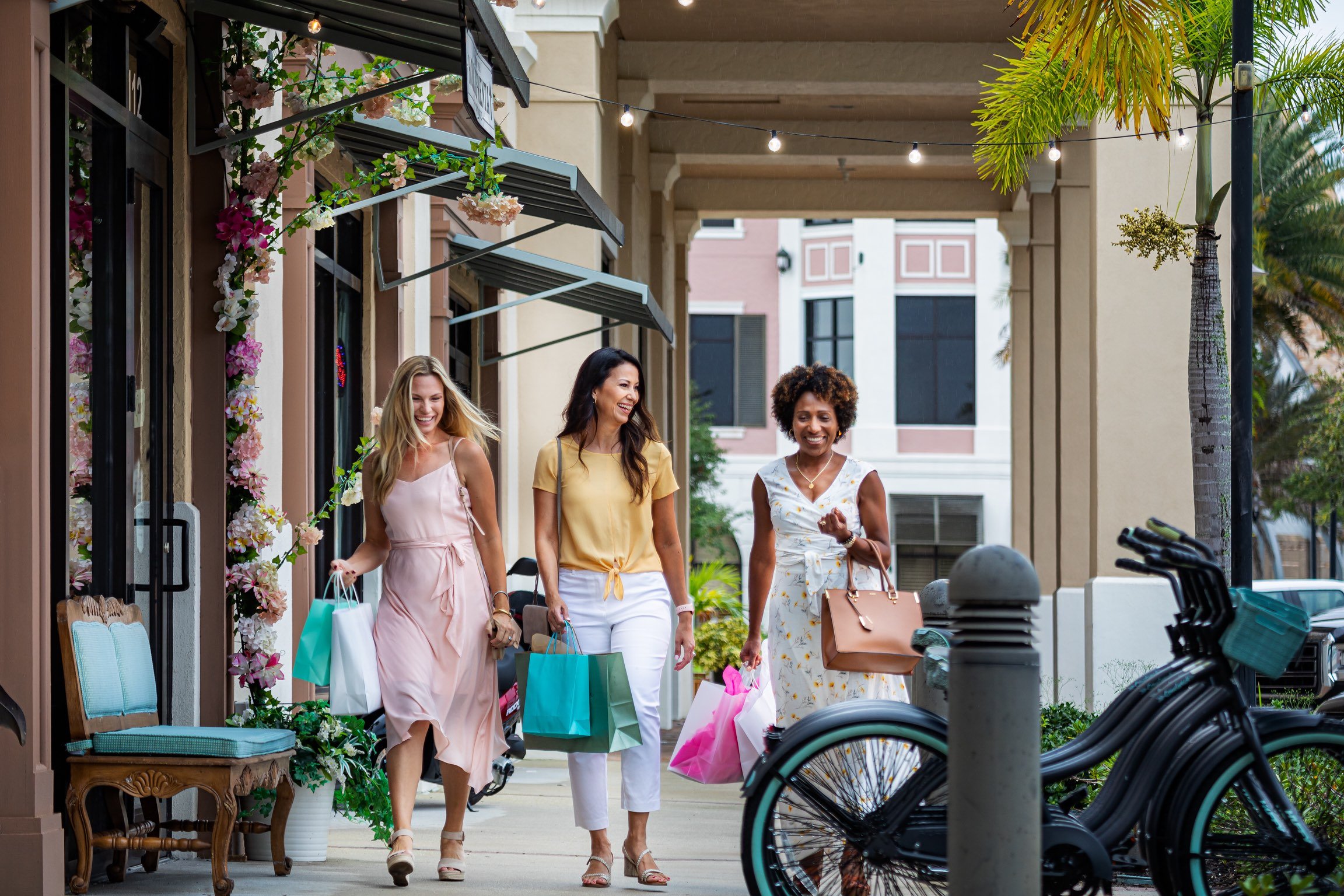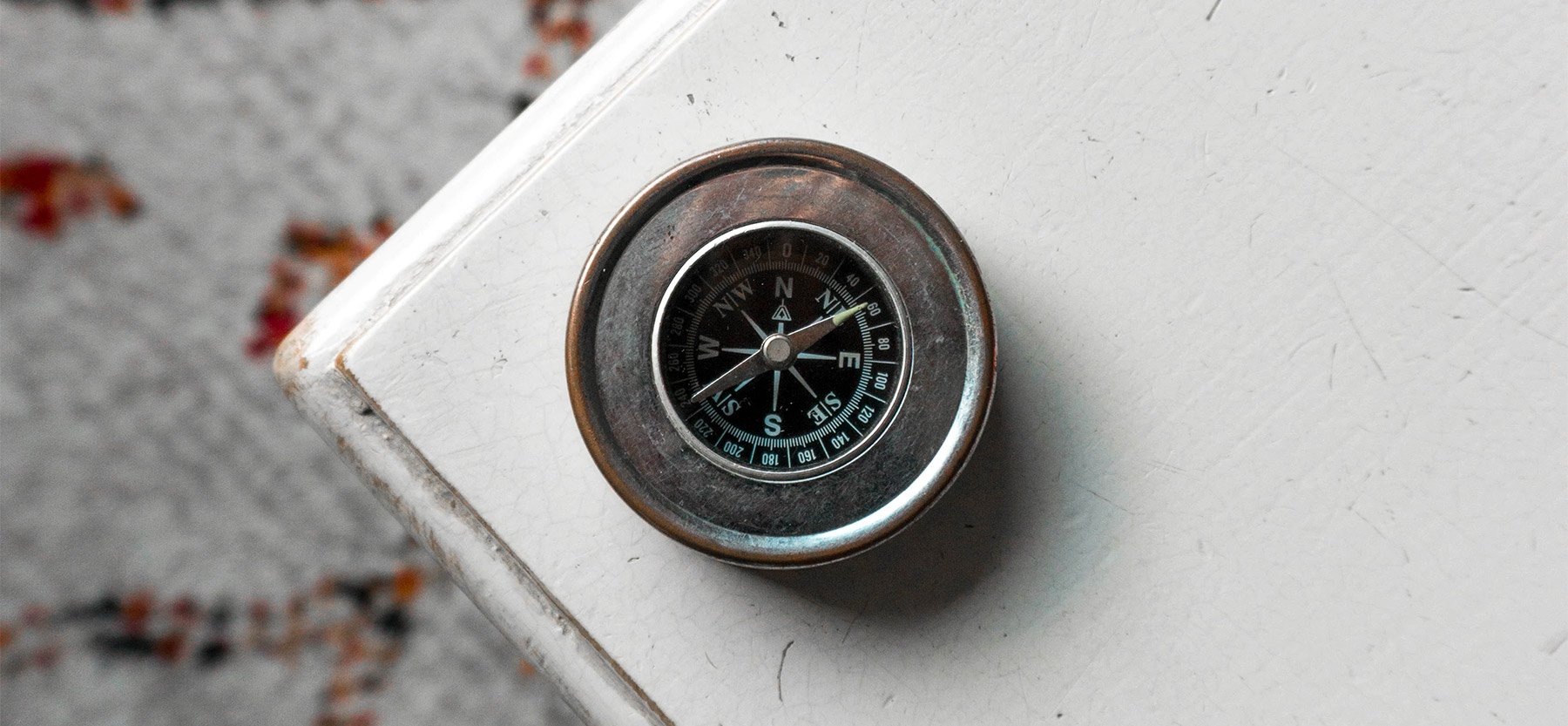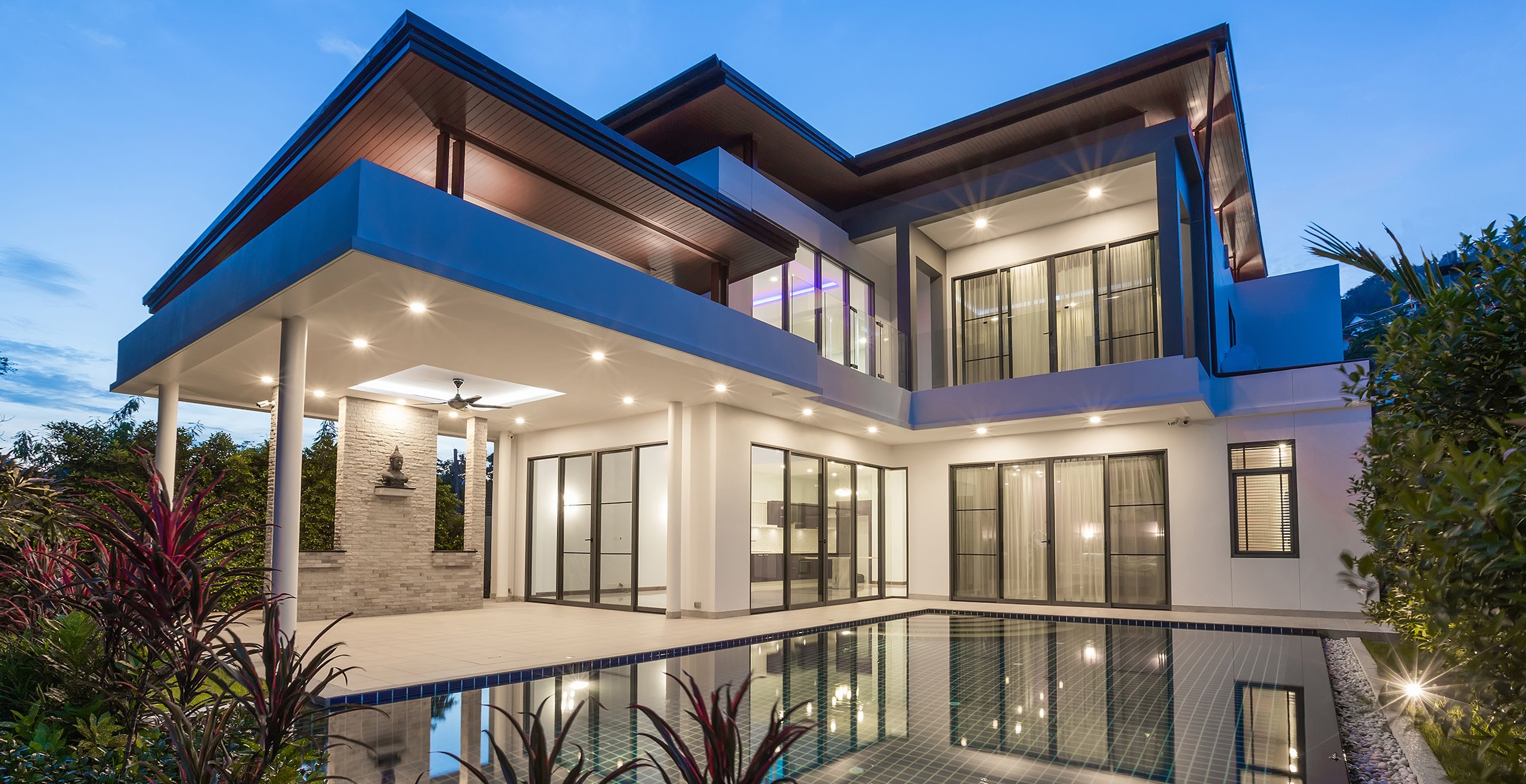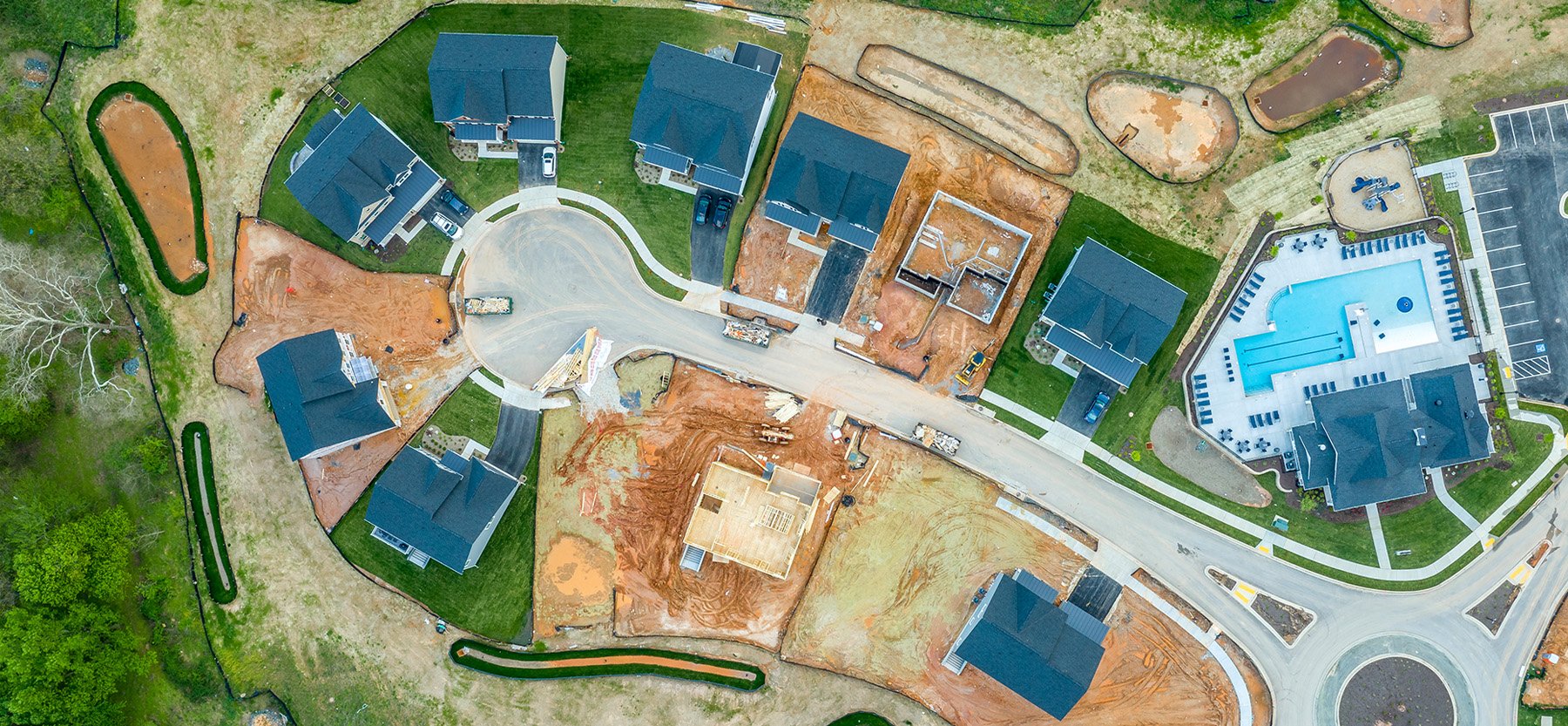April 20, 2021
Does Your Community Prioritize Inclusive Placemaking?
Inclusive placemaking is becoming a hot topic in the land development and home building industries, especially as home buyers are eager to lock in historically low interest rates as soon as they find their forever home. This is because home buying trends lean towards more valuable opportunities that embrace the social life and community around a home over the home itself.
"Strengthening the connection between people and the places they share, placemaking refers to a collaborative process by which we can shape our public realm in order to maximize shared value," Project for Public Spaces states. "More than just promoting better urban design, placemaking facilitates creative patterns of use, paying particular attention to the physical, cultural, and social identities that define a place and support its ongoing evolution."
Furthering that evolution, inclusive placemaking takes these ideals and incorporates more historical authenticity to your community.
To determine whether your community is prioritizing inclusive placemaking, learn more about what it is, what it entails, the dangers of confusing it with generalized placemaking, and why it matters.
What is Inclusive Placemaking?
Placemaking refers to the strategic development of public spaces and landscaping to better improve the community's social and cultural identity via architecture that encourages gatherings, conversations, local events, and more.
While inclusive placemaking utilizes those same general concepts, it also gives more importance to the local neighborhood's historical roots. Placemaking is meant to be a derivative of the community's history but can sometimes fall flat with so much attention being placed on cultural values and physical components.
Making your community more inclusive of its local heritage, however, can enhance and shine a light on the more defined and appealing characteristics unique to the area — attracting more buyers who are charmed by the history and its deeper meanings.
"To broaden the scope of placemaking in the era of global urbanization, a constant inclusion is needed of changing trends in living and working, various technologies and diversity of people, comprising migrants and refugees," ResearchGate reports. "In such a dynamic environment, more important than ever before, local resources and services should reflect the meanings and values that people hold from the past and want to preserve, adapt, renew, or even reconstruct."
The Dangers of Generalized Modern Placemaking
When your community doesn't prioritize inclusive placemaking, it runs into dangers associated with generalized modern placemaking that expand further than just missing out on the authenticity and attraction of a neighborhood's history.
Placemaking that does not focus on community, history, and heritage runs the risk of:
- Gentrification and Displacement — when communities are modeled after one another and simply adhere to what's popular in modern design, gentrification and displacement of former community members are likely.
- Racial and Socioeconomic Exclusion — this is often one result of the preceding gentrification and displacement.
It's a common challenge to make public spaces open and fair, but it isn't impossible. In fact, placemaking can reduce that challenge significantly as long as it is always evolving with the community members in mind. Project for Public Spaces recommends "aiming to make public spaces that are truly for and by the public at large [while listening] deeply to the full diversity of communities affected by a public space."
With that being said, incorporating creative placemaking can also enlighten the area and add more value to your community. This is because arts and culture are so heavily intertwined with community, history, and heritage, thus enhancing the authentic beauty of the area rather than unintentionally leaving it behind in the past.
Why Does Inclusive Placemaking Matter?
Inclusive placemaking matters because it's not just a right-now-plan that locks in buyers and ends there, but a long-term one that is meant to evolve with the times while encompassing all the best parts of the past.
It's a community plan founded on the historical value of its land and public spaces and improved upon by the people who live there — prioritizing local history, social inclusion, creativity, diversity, and culture — and adding more value to the opinions of community members. This ensures the entire community is based around their wants, needs, and interests.
Inclusive placemaking should start with broad public input and adjust based on ongoing feedback. The real key here is to continually improve with the times without completely eradicating the historical value inherent to the area.
Improving overall health and well-being
Another reason it matters is because of the overall boost in health and well-being placemaking can have on communities. By providing members of the community with more historical value and meaning, stronger relationships with each other and the local area, and more outdoor and recreational opportunities that encourage physical activity, people are more inclined to benefit from healthier lifestyles, mental well-being and support, and better physical endurance.
As the Robert Wood Johnson Foundation says, "Our ability to make healthy choices depends greatly on the conditions in communities where we live, learn, work and play … In fact, the economic, social, and physical environments that surround us can have a much greater impact on our health than how often we go to the doctor's office."
Meaning, when we make a more interactive and inclusive community, we support and encourage healthier life choices of the members in that community.
Inclusive Placemaking and Master-Planned Communities
In terms of building long-lasting communities, inclusive and creative placemaking is a crucial aspect of master-planned communities. This is because it highlights the beauty and significance of the area just as much as it highlights the homes that buyers intend to live in. Humans are by nature social beings, so it's only right that the communities we create and live in support social outings and events that bring everyone closer together.
Our team at Milesbrand understands not only the importance of prioritizing inclusive placemaking in your communities, but also getting the word out to the buyers that need to know. Contact us for more resources and insight into what inclusive placemaking and master-planned community marketing can do for you and your brand.


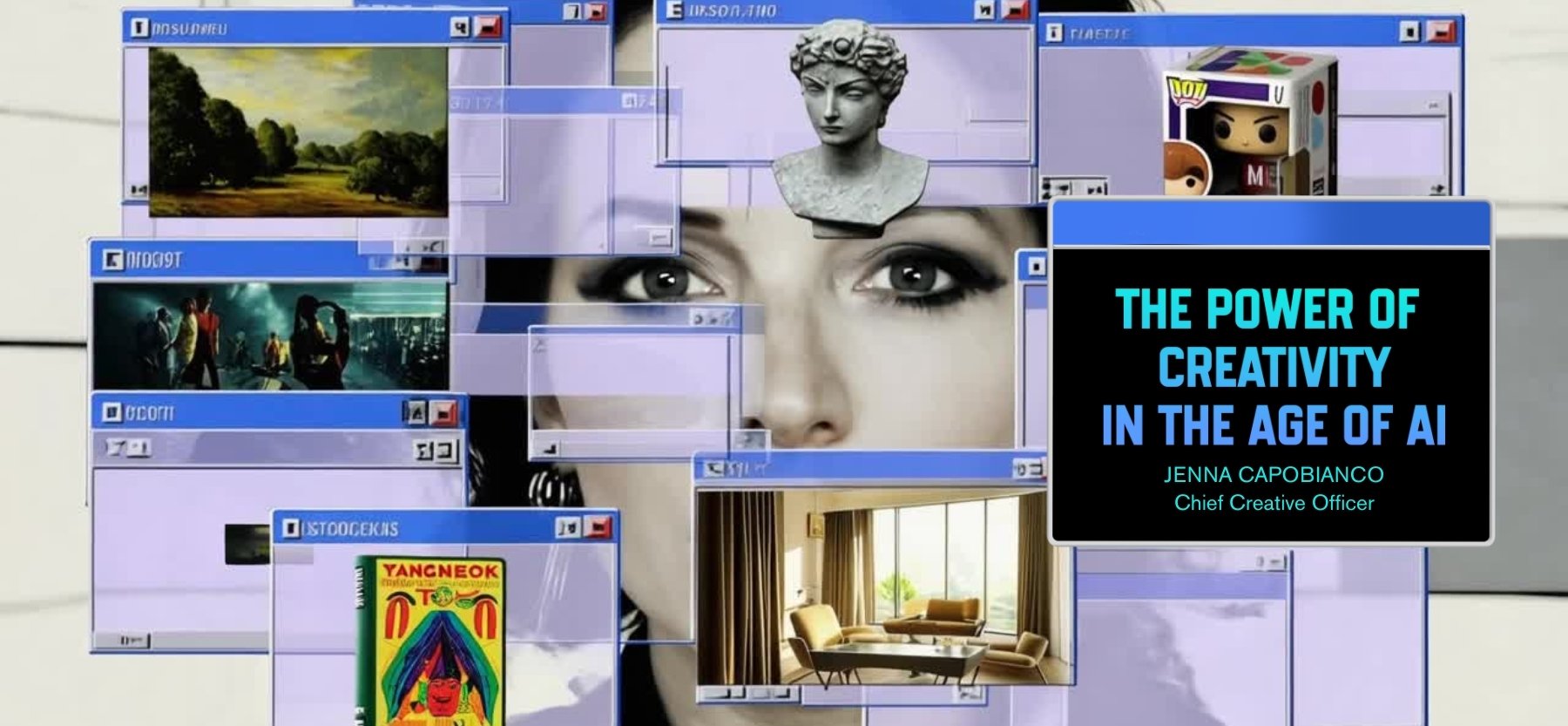
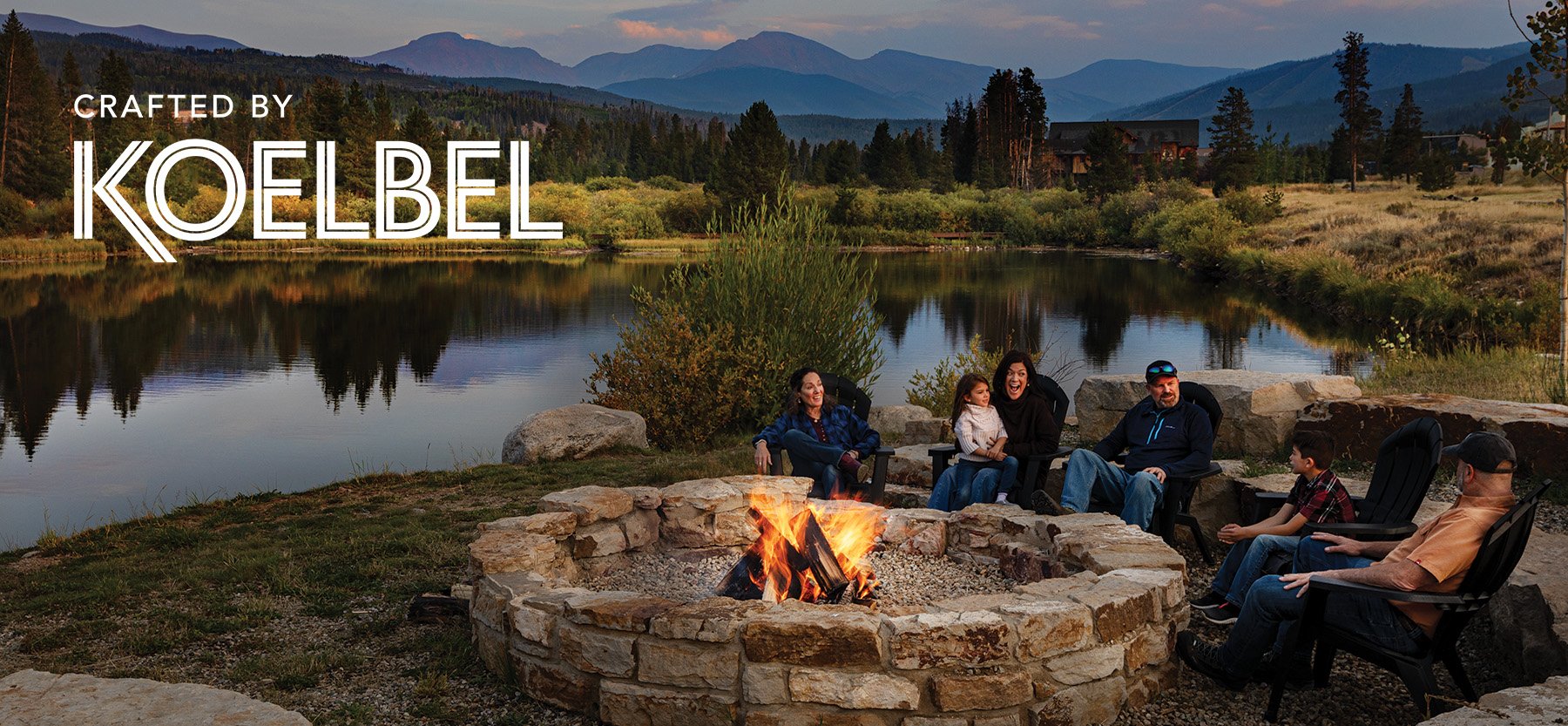
.jpg)
